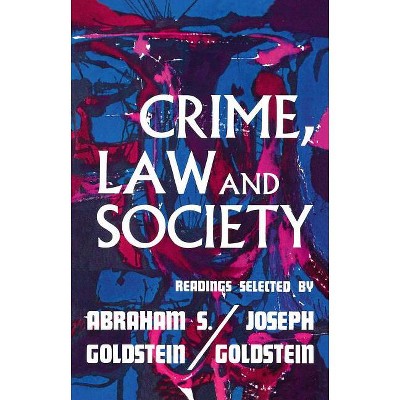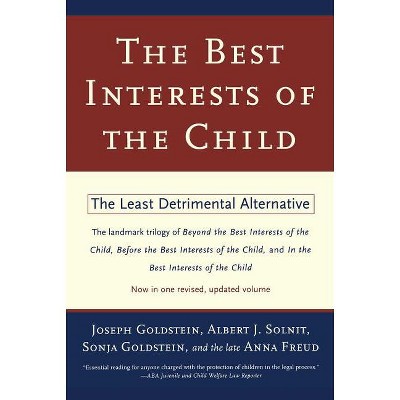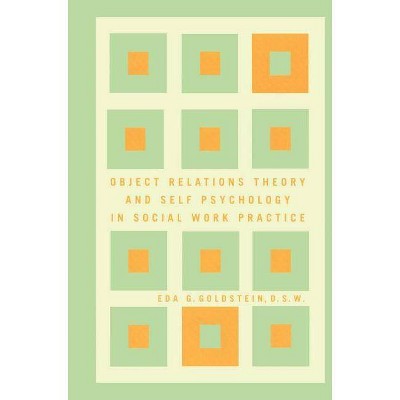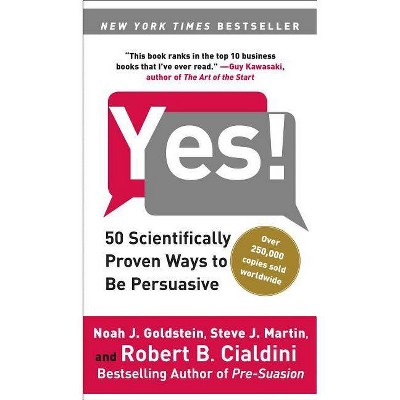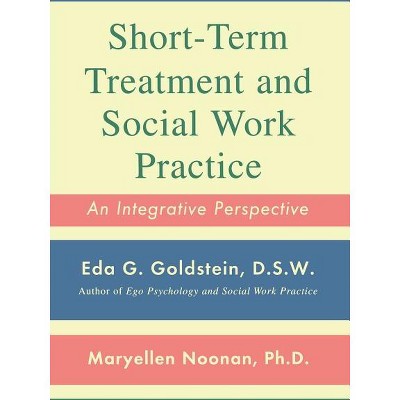About this item
Highlights
- In the stirring signature number from the 1944 Broadway musical On the Town, three sailors on a 24-hour search for love in wartime Manhattan sing, "New York, New York, a helluva town.
- Author(s): Richard Goldstein
- 344 Pages
- History, United States
Description
Book Synopsis
In the stirring signature number from the 1944 Broadway musical On the Town, three sailors on a 24-hour search for love in wartime Manhattan sing, "New York, New York, a helluva town." The Navy boys' race against time mirrored the very real frenzy in the city that played host to 3 million servicemen, then shipped them out from its magnificent port to an uncertain destiny. This was a time when soldiers and sailors on their final flings jammed the Times Square movie houses featuring lavish stage shows as well as the nightclubs like the Latin Quarter and the Copacabana; a time when bobby-soxers swooned at the Paramount over Frank Sinatra, a sexy, skinny substitute for the boys who had gone to war. Richard Goldstein's Helluva Town is a kaleidoscopic and compelling social history that captures the youthful electricity of wartime and recounts the important role New York played in the national war effort. This is a book that will prove irresistible to anyone who loves New York and its relentlessly fascinating saga. Wartime Broadway lives again in these pages through the plays of Lillian Hellman, Robert Sherwood, Maxwell Anderson, and John Steinbeck championing the democratic cause; Irving Berlin's This Is the Army and Moss Hart's Winged Victory with their all-servicemen casts; Rodgers and Hammerstein's Oklahoma! hailing American optimism; the Leonard Bernstein-Jerome Robbins production of On the Town; and the Stage Door Canteen. And these were the days when the Brooklyn Navy Yard turned out battleships and aircraft carriers, when troopships bound for Europe departed from the great Manhattan piers where glamorous ocean liners once docked, where the most beautiful liner of them all, the Normandie, caught fire and capsized during its conversion to a troopship. Here, too, is an unseen New York: physicists who fled Hitler's Europe spawning the atomic bomb, the FBI chasing after Nazi spies, the Navy enlisting the Mafia to safeguard the port against sabotage, British agents mounting a vast intelligence operation. This is the city that served as a magnet for European artists and intellectuals, whose creative presence contributed mightily to New York's boisterous cosmopolitanism. Long before 9/11, New York felt vulnerable to a foreign foe. Helluva Town recalls how 400,000 New Yorkers served as air-raid wardens while antiaircraft guns ringed the city in anticipation of a German bombing raid. Finally, this is the story of New York's emergence as the power and glory of the world stage in the wake of V-J Day, underlined when the newly created United Nations arose beside the East River, climaxing a storied chapter in the history of the world's greatest city.Review Quotes
."..a splendid study of the stay-at-homes during those hectic years... Goldstein creates a vivid picture of everyday life at home in New York City during [World War II]." --Maury Allen, "The Columnist"
"[Goldstein] recalls patriots as well as spies; heroism as well as rising anti-Semitism and racism. A complex look at New York during WWII." --Booklist
""Helluva Town" is a helluva read...a fascinating look at a remarkable time and a remarkable town." --Associated Press
"Goldstein's well-researched "Helluva Town" is a rich, wonderful wartime whirl through a great city." --"Philadelphia Inquirer"
"Mr Goldstein...is an outstanding and thorough researcher...Reading his book is like opening a huge trunk stuffed full of tiny forgotten treasures." --"The Economist"
"New York is big, and much of this swaggering, nostalgic history recounts the sheer size of the city's contribution to the Allied victory: the prodigies of shipbuilding and repair at the Brooklyn Navy Yard; the 81,000 WAVES churned out at Hunter College; the millions of soldiers sent overseas from New York's harbor after consoling themselves with America's glitziest nightlife. But the story's New Yorkness doesn't resonate from the grand logistics or the war stories--wan spy capers, the accidental shelling of Wall Street, the bomber that crashed into the Empire State Building--with which "Times"-man Goldstein ("America at D-Day") bombards us. More evocative are his accounts of how the upheaval became fodder for the city's efflorescent culture. Insouciant Manhattanites partied in the streets during civil defense drills instead of taking cover; Broadway tunefully repurposed patriotic and martial themes in "Oklahoma""!" and "On the Town"; and at the Stage Door canteen, a nightclub for servicemen staffed by celebrities, a GI could score a dance with Lauren Bacall. In these engaging vignettes, New York--lively, brave, humane--conquers not just the Axis but war itself."
--"Publishers Weekly", Starred Review
"Richard Goldstein has produced a rollicking, finely reported tale of the coming-of-age of the "capital of the world." All of the actors in the greatest drama of the 20th Century--Nazi spies, movie stars, talented immigrants, and the American soldiers who save democracy--come together on history's center stage--New York. Helluva Town is one helluva ride."
-Jonathan Alter, "Newsweek", author of "The Defining Moment: FDR's Hundred Days and the Triumph of Hope"
"Richard Goldstein's "Helluva Town", like the hit show tune from the '40s that gave him the phrase, is brimful with affection for his native New York City. Through a series of fascinating vignettes in this tale of World War II New York, he introduces titans like La Guardia, Morgenthau, and Rockefeller, but also Sono Osato, a Japanese-American dancer whose father was among those swept into the internment camps, and Seymour Wittek, a Bronx Coastguarder who became eyewitness to a major threat to the port of New York. Sailors, dockhands, artists, canteen workers, intellectuals, actors, army men, and a myriad of others move through these pages, along with Ethel Merman, Moss Hart, Lillian Hellman, and Irving Berlin. As a fellow New Yorker, I reveled in the vistas into our shared history, and in an era of extraordinary human accomplishment."
--Philip B. Kunhardt III, co-author "Looking for Lincoln", 2008 and "Lincoln, LifeSize", 2009.
"Thanks to exemplary use of many firsthand accounts, Goldstein captures the spirit of the wartime city, offering enormous appeal to fans of New York City, as well as to students of World War II history." --Library Journal
"The iconic image of a sailor and nurse embracing in Times Square has always stood for New York City during World War II, but Richard Goldstein's "Helluva Town" gives us innumerable others to better understand, and to round out, that era: U-boats off the Long Island coast; Bundists in Yorkville; "dimouts" in the Polo Grounds; the bittersweet merriment at the Stage Door Canteen and the bizarre frivolity of the Copacabana; a city filled with troops - and troupes; rioting in Harlem; the "Normandie" aflame; European refugees and Fiorello La Guardia just about everywhere. As so many eyewitnesses to this fascinating but largely forgotten chapter in New York's history leave the scene, Goldstein has brought it all back in pulsating neon."
-- David Margolick is the author of "Beyond Glory: Joe Louis vs. Max Schmeling, and a World on the Brink" (2005) and is a contributor to "Newsweek".







